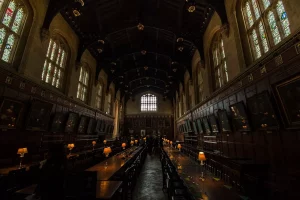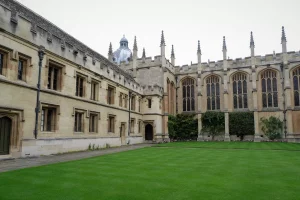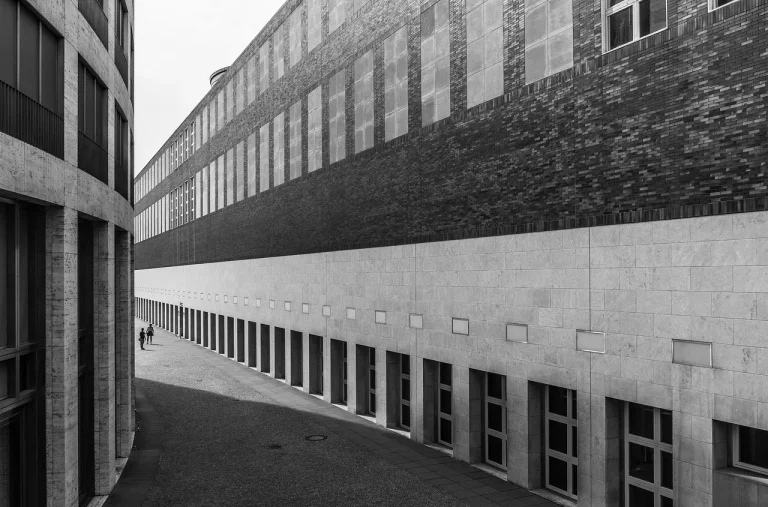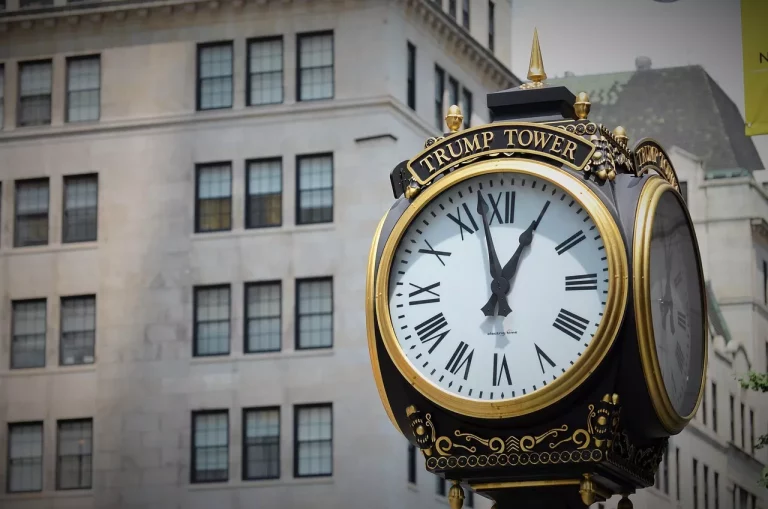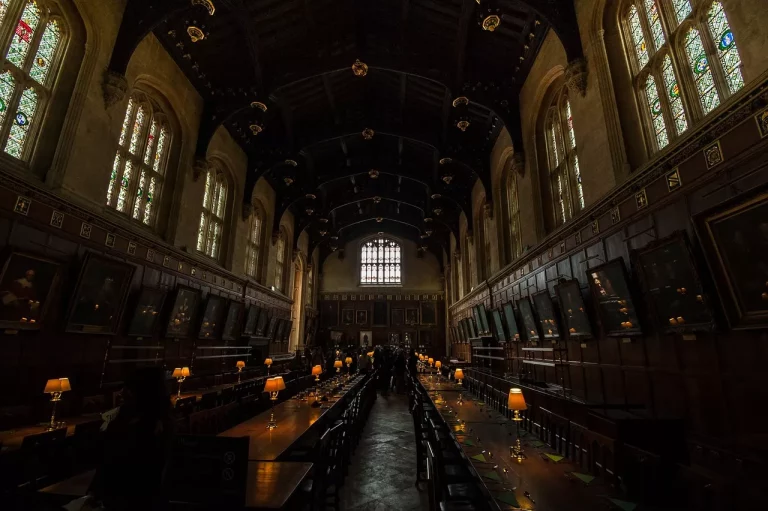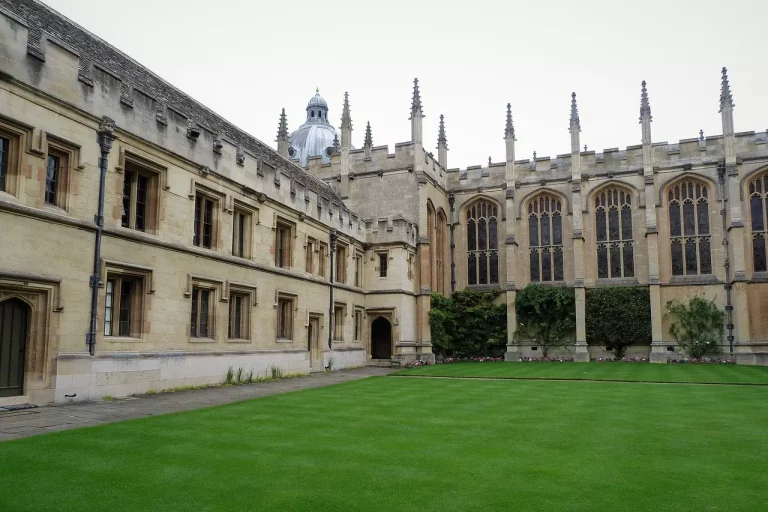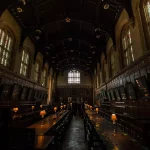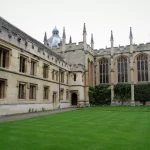Federal Appeals Court Clears Douglass Mackey of Conspiracy Charges
In a significant legal decision, the 2nd U.S. Circuit Court of Appeals in Manhattan overturned the conviction of Douglass Mackey, a self-styled right-wing influencer, for spreading false information during the 2016 U.S. presidential election. The court ordered a lower court to acquit Mackey, ruling that the government failed to provide sufficient evidence to prove he conspired to influence the election with false claims.
baca juga: Fenomena Bediding Landa Jatim, Udara Malam Lebih Dingin hingga Agustus
Mackey’s Conviction and the Alleged Misinformation Campaign
Douglass Mackey, 36, was convicted in March 2023 on charges of conspiracy against rights for posting memes on social media. The memes falsely claimed that Hillary Clinton supporters could vote by text message or social media post, with one prominent meme instructing voters to text “Hillary” to a specified number. The memes were aimed at suppressing Democratic voter turnout in the crucial 2016 presidential election.
Mackey, who had a following of 58,000 on Twitter under the alias “Ricky Vaughn,” posted several misleading memes, one of which featured a photo of a woman with an “African Americans for Hillary” sign. The post falsely told people to “Avoid the Line. Vote from Home.”
Court Finds Insufficient Evidence of a Conspiracy
The 2nd Circuit’s ruling pointed out that there was no clear evidence that Mackey’s actions caused any actual harm to the election process. Around 5,000 individuals followed the false instructions, but they received an automated response clarifying the misinformation. The appeals court found that there was no evidence to suggest anyone was tricked into failing to vote properly.
The court emphasized that merely posting false memes, even with intent to harm voters’ rights, was insufficient to prove a criminal conspiracy. To convict Mackey, prosecutors were required to show that he knowingly conspired with others to suppress voters, which they failed to do.
Appeals Court Ruling on Evidence and Conspiracy
A three-judge panel of the 2nd Circuit, including Chief Judge Debra Ann Livingston, Judge Reena Raggi, and Judge Beth Robinson, noted that the prosecution’s case relied heavily on weak evidence. While prosecutors presented private Twitter group messages to suggest Mackey’s involvement in a conspiracy, the court ruled that the government did not provide enough proof that Mackey had seen or participated in those messages.
In its ruling, the court stated that circumstantial evidence alone was insufficient to establish Mackey’s intent to participate in any conspiracy to suppress voters.
baca Juga: Bagaimana Menjaga Keamanan Perangkat Lunak dari Ancaman Siber
Mackey’s Reaction and Legal Aftermath
Following the court’s decision, Mackey expressed his relief on social media, thanking his supporters and threatening potential legal action against his conviction. He celebrated the appeals court’s decision, calling it a victory for his cause.
At Mackey’s sentencing, the trial judge had described his actions as part of an “assault on our democracy,” but the 2nd Circuit disagreed, finding the prosecution’s case lacked the necessary evidence to support such claims.
This ruling has sparked a broader conversation about the limits of free speech, misinformation on social media, and the legal implications of using platforms to influence elections.
Penulis: Amelia Juniarti
